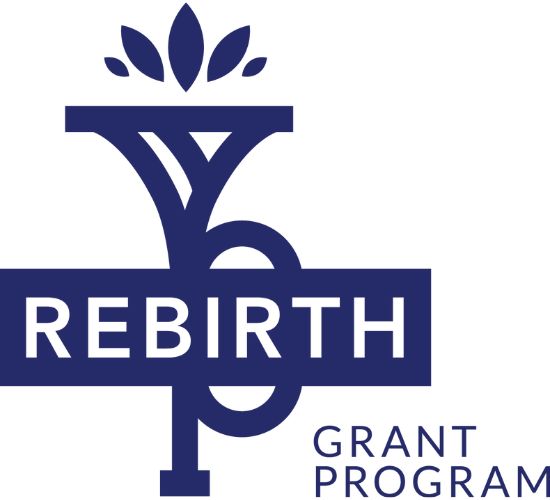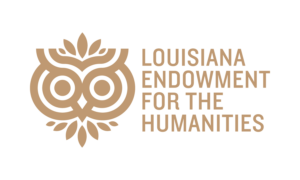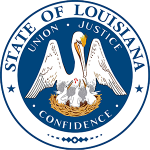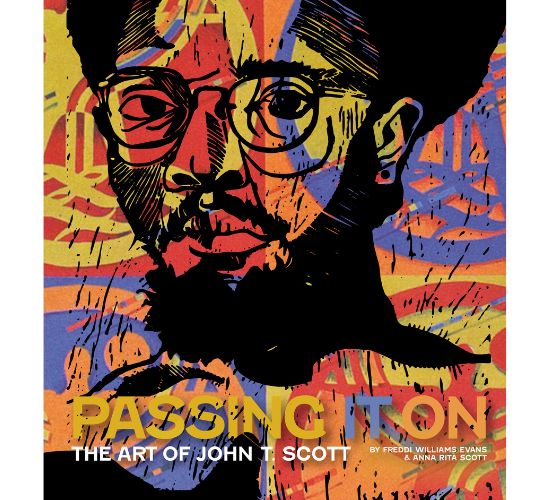Rebirth Grants


LEH Rebirth Grants support programmatic initiatives focused on the humanities. Eligible projects include public humanities programs that involve audience participation and discussion; documentary photography, podcast, and radio projects; humanities-based festivals and exhibition development; digital humanities projects including websites and online documentation of Louisiana history and culture; speaker series; assistance with publication projects and humanities-based educational initiatives; and more.
Application Timeline and Important Dates
Applications for Rebirth Grants open April 1 each year, with decisions announced in July.
Rebirth project activities should be implemented between September 1 and October 31 of the following year.
Applications for 2024 Rebirth Grants are now closed. To stay updated on available grants from the LEH sign up for dedicated emails about our grants here.
Award Amounts
Grant awards range from $1,000 to $5,000. All Rebirth Grant applicants must demonstrate matching cost share in cash or in kind. See below for details on eligible expenses and restrictions.
The LEH will sometimes award partial amounts, i.e. less than the amount requested in the application. In these instances, the LEH will confirm with the applicant that the project is still viable with the reduced amount.
Resources
- PDF copy of the request for proposals (RFP)
- Watch an information session about applying for Rebirth Grants here.
- Preview the application
- Budget how-to
- View excerpts from previously successful Rebirth Grant applications:
- Checklist of completed application components
- FAQ
- 2024 Rebirth Video Guidance
- A sample award agreement will be made available prior to awards being issued.
Eligibility
Humanities-based organizations operating within the 64 parishes of Louisiana are eligible to apply. Organizations must be nonprofits with 501(c)(3) status; public-facing organizations operating within accredited institutions of higher learning; state and local government agencies; or state and federally recognized Native American tribal governments in Louisiana. Organizations reaching underserved populations are particularly encouraged to apply.
Criteria and Supporting Documentation
All LEH Rebirth Grants are subject to the same review process, which begins with the staff evaluating proposals prior to submitting them to the Grant Review Committee, which is comprised of LEH board members and Louisiana scholars. The committee will assess the following:
- Strength of humanities content;
- Scholarship attached to project;
- Outreach strategies;
- Partnerships with other humanities organizations;
- Overlap with LEH areas of focus, geographic parity and special audiences;
- Realistic timeline and budget, including cash or in-kind cost share.
- Letters of commitment and support from project scholars and partners are highly encouraged.
*LEH aims to reach all areas of the state and support organizations of all sizes, with a particular focus on reaching underserved communities.
The following documentation is required from all successful applicants:
- All applicants must submit their federal tax identification/EIN number.
- All applicants must submit their Unique Entity Identifier (UEI). For further information on this component, please visit gov UEI.
- Nonprofits must submit copies of their form 990.
- Nonprofits must submit copies of their IRS determination letter.
Rebirth Fundable Formats
Discussion
This category includes projects that enable humanities scholars to meet directly, whether in-person or virtually, with a public audience. Discussion projects may take the form of symposia, community forums, debates, conferences, seminars, workshops, discussion groups, lectures, or panel discussions.
Podcasts/Radio Documentaries
This category provides funds for the production of audio programs. All documentary projects must use one or more humanities disciplines to examine a topic(s) of Louisiana history and/or culture.
Digital Media
Accessible to the public through the internet, this format consists of interpretive virtual exhibits of local history and culture, folklore/folkways, and museum exhibits. The site developed may also be interactive and include teacher guidelines and curriculum materials.
Exhibition Development
Exhibitions using artifacts, documents, works of art, and/or other cultural objects to interpret ideas and concepts are eligible. Funds may be used to assist in interpreting the permanent collections or temporary exhibitions of museums, or to assemble permanent or traveling exhibitions. In addition, eligible applicants may apply for funds for the interpretation of historic sites.
Publication
Consists of the production of Louisiana humanities publications and photo documentaries; interpretive brochures, guides, and booklets; catalogues; and teacher manuals. Under this format, the LEH also supports the development of interpretive and historically/culturally significant community walking/driving tours.
Festivals / Literary or Film Festivals
This format includes informances; interpretive demonstrations of folkways and/or traditional food, music, crafts, and practices; scholar-led film screenings and discussions; and festival-based author readings and discussions. Festivals / Literary or Film Festivals: This format includes informances; interpretive demonstrations of folkways and/or traditional food, music, crafts, and practices; scholar-led film screenings and discussions; and festival-based author readings and discussions.
Funding Guidelines
Humanities scholars must play a central role in all phases of an LEH-funded project as planners, speakers, resource persons, panelists, and/or evaluators. The LEH defines a humanities scholar as an individual professionally trained and primarily engaged in the study, research, writing, and/or teaching of humanities disciplines. The individual can be employed in their field, retired, not employed, or on temporary leave from a professional position in the humanities. Affiliation with a college or university is usual but not mandatory. Scholars usually have a PhD in a humanities discipline or at least alternative credentials.
All LEH projects must focus on topics and themes drawn from the humanities or bring the analytical potential of the humanities to bear on current political, social, or economic concerns and issues.
The 1965 legislation that established the National Endowment for the Humanities, defines the humanities as follows: “The term ‘humanities’ includes, but is not limited to, the study and interpretation of the following: language, both modern and classical; linguistics; literature; history; jurisprudence; philosophy; archaeology; comparative religion; ethics; the history, criticism and theory of the arts; those aspects of the social sciences which have humanistic content and employ humanistic methods; and the study and application of the humanities to the human environment with particular attention to reflecting our diverse heritage, traditions, and history and to the relevance of the humanities to the current conditions of national life.”
To avoid advocacy and bias, programs sponsored by the LEH must provide for a balance of viewpoints, especially those projects dealing with controversial contemporary issues. For example, a project addressing the First Amendment’s relation to religion in public schools should provide subject matter for both sides of the issue.
Programs must be designed to address the out-of-school public rather than exclusively the scholarly community. The LEH especially encourages applications from minority-serving institutions and organizations as well as from rural and underserved areas of the state, but applications are welcome regardless of an organization’s size, audience, and location. The LEH encourages research and publishing project proposals to include a public component as well.
Competitive proposals will include participation from representatives of the community to complement the presence of the humanities scholars. Community participation can be demonstrated in your application through letters of support from partner organizations or individuals.
Applications are open to nonprofit organizations with a Unique Entity Identifier (UEI) in SAM.gov (more below). Specifically, nonprofit entities with 501(c)(3) status, public-facing organizations operating within accredited institutions of higher learning, state and local government agencies, and federally recognized Native American tribal governments in Louisiana are eligible to apply for Rebirth funds. The LEH does not award grants to individuals.
UEI Number
The National Endowment for the Humanities now requires all non-profit entities seeking grants from the Louisiana Endowment for the Humanities to have a Unique Entity Identifier (UEI) in SAM.gov. Put simply, a UEI confirms that your entity is what you say it is: a unique organization with its own physical address.
Formerly the federal government uses the DUNS number, issued by Dun & Bradstreet. If your organization is currently registered with a DUNS number, please review the Quick Start Guide for Getting a Unique Entity ID for instructions on how to receive a new UEI at SAM.gov.
Sponsoring organizations are obliged to provide an objective assessment of whether program activities fulfill or do not fulfill the original intent of the project as articulated in the grant proposal. All programs must include an outside independent evaluator to provide an objective assessment. Evaluation narratives supplement the quantitative data gathered from the audience.
Restrictions
LEH Rebirth Grant funds cannot be used to support the following types of projects:
- Creative and performing arts (theater, dance, music, opera, etc.)
- Research, writing, and publication of material targeted exclusively or primarily for a scholarly audience
- Scholarships and fellowships
- Course work for academic credit, except for teacher institutes
- Museum or library acquisitions
- Construction or renovation (capital improvements projects)
- Institutional staffing or any other form of operational support
- Social or political action
- Public information campaigns
- Archival materials without a public component
Within the actual budget, LEH grant funds, as a rule, cannot be used for the following purposes:
- Food, entertainment, or liquor costs
- Expenses incurred prior to the grant award date
- Equipment purchases
- Indirect costs (overhead) of sponsoring organizations




